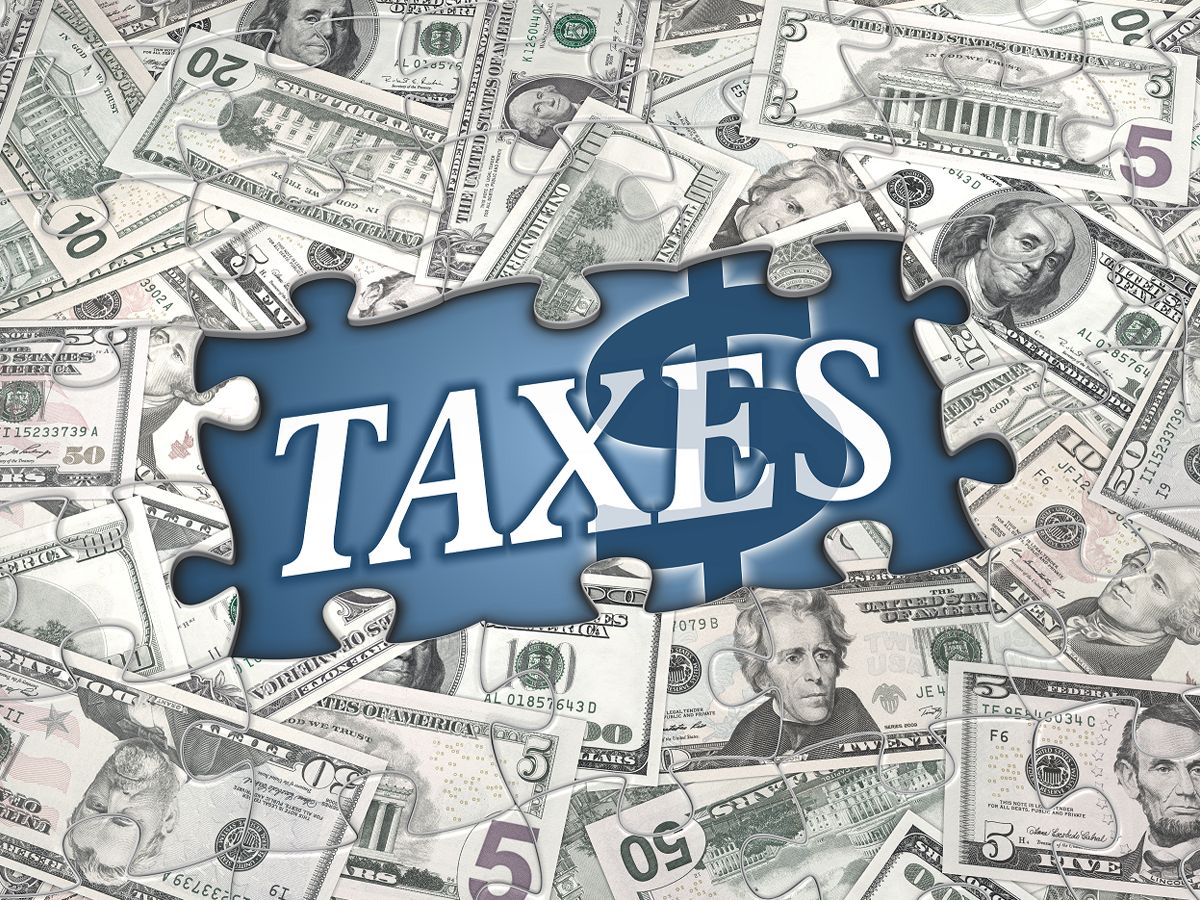
Uniform Application of Parcel Tax Does Not Require Uniform Effect on Taxpayers
California Appellate Court Upholds Los Angeles County Parcel Tax

A special parcel tax is still “applied uniformly to all taxpayers” even though it may affect individual taxpayers differently, a California appellate court recently held. In an opinion turning on statutory interpretation, the court sided with Los Angeles County’s interpretation of the term “applied uniformly” and upheld the County’s parcel tax.
Los Angeles County formed its Regional Park and Open Space District to fund public improvements and services for parks and open space. Public Resources Code section 5566 authorizes the County to levy a special parcel tax for such purposes, so long as the tax is “applied uniformly to all taxpayers” within the area subject to the tax. The County placed a special parcel tax on the November 2016 ballot, and the County’s voters approved it by almost 75 percent.
The parcel tax measure authorized the County to impose a 1.5 cent annual levy per square foot of structural improvements, excluding parking improvements. The petitioner, a property owner subject to the parcel tax, sought to invalidate the tax on the basis that it was not “applied uniformly to all taxpayers.” The petitioner argued that the term “uniform” should be narrowly interpreted to require a uniform effect on taxpayers and that the parcel tax is not “uniform” because:
- the tax is based on square footage, and taxpayers have different sized parcels;
- the tax applies only to improved parcels and does not apply to unimproved parcels and
- the tax distinguishes between structural improvements used for parking and improvements not used for parking.
The Second District Court of Appeal in Dondlinger v. Los Angeles County Regional Park and Open Space District disagreed, emphasizing that a tax may still be “applied uniformly” even if it ultimately affects individual taxpayers differently. Taxpayers include all property owners owning real property with structural improvements not used for parking, and the parcel tax is applied uniformly to those property owners.
While Dondlinger is a somewhat narrow holding as it interprets a specific statute, it does stand for the broader proposition that uniform application of a tax does not require uniform effect. For example, even if the County’s parcel tax were structured as a flat per-parcel tax, taxpayers owning multiple parcels would still pay more than taxpayers owning a single parcel. Additionally, not all statutes authorizing parcel taxes are written the same, and Dodlinger involved one specific statute. Therefore, an agency considering imposing a tax of any kind should carefully consider the limitations contained in its particular authorizing statute.
If you have any questions about this decision or how it may impact your agency, please contact the author of this Legal Alert listed to the right in the firm’s Special Districts practice group, or your BB&K attorney.
Please feel free to share this Legal Alert or subscribe by clicking here. Follow us on Facebook @BestBestKrieger and on Twitter @BBKlaw.
Disclaimer: BB&K legal alerts are not intended as legal advice. Additional facts or future developments may affect subjects contained herein. Seek the advice of an attorney before acting or relying upon any information in this communiqué.



